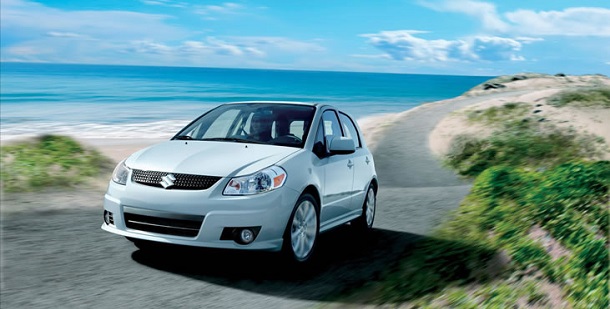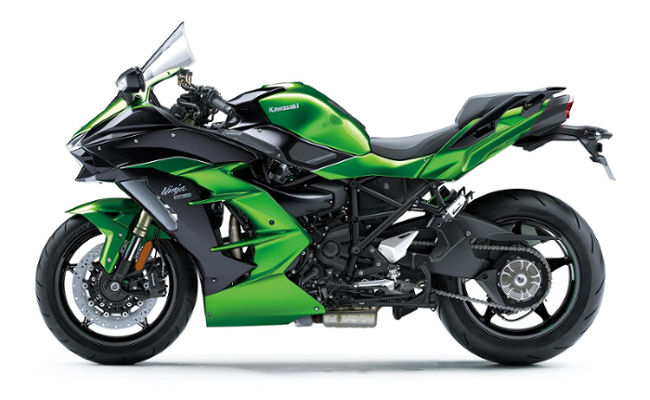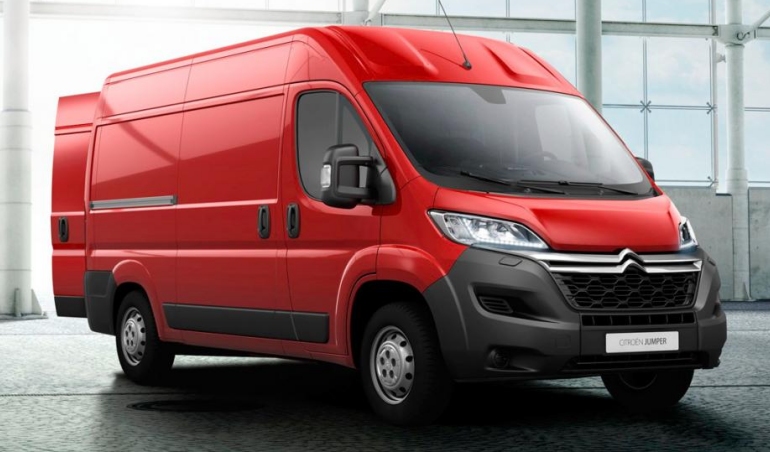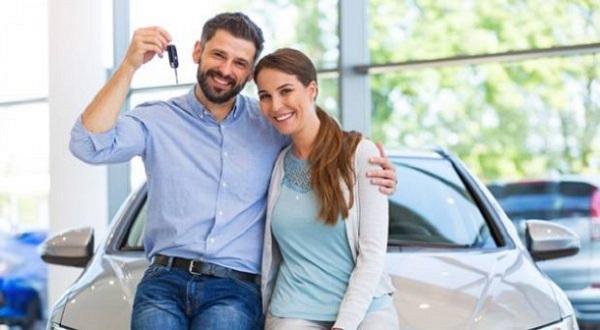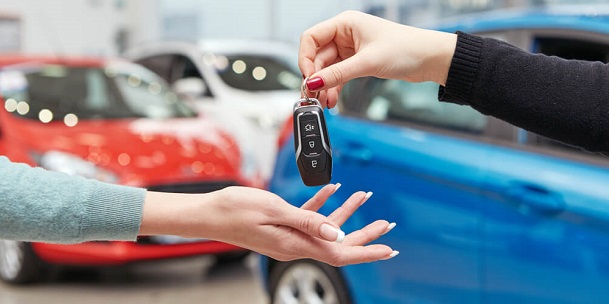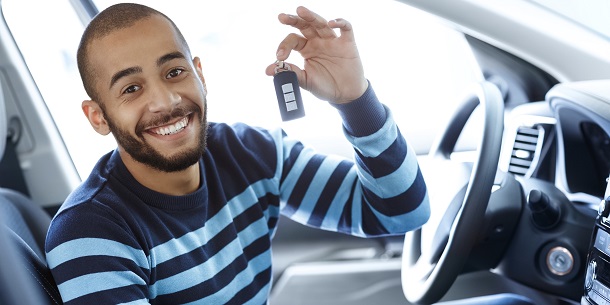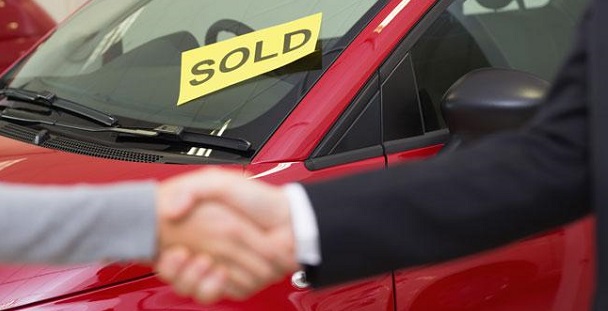
Finance plans are a very popular way of purchasing vehicles. Many car owners choose to buy their cars through finance agreements as opposed to outright as there are many benefits such as splitting the cost over many months. The confusion comes when you want to sell a car that has been purchased on finance. If you are wondering if you can sell a car with an outstanding finance plan, then read on for our expert guide.
Car finance plans often last for around five years, and although you might still have outstanding finance on your vehicle, that does not mean you can’t sell it on. It is sometimes possible to sell a car with outstanding finance; however, it isn’t always as straight forward as selling a car you own outright. Certain processes must be followed, and these can depend on the type of finance agreement that you have on the car.
Selling A Car With Outstanding Hire Purchase
If you have a car on a hire purchase (HP) agreement, then you cannot sell the car as you are not the legal owner. When you purchase a vehicle using hire purchase, you will not be the legal owner until the finance agreement has been settled. This means you cannot sell the car until the agreement has ended, but it can be possible to end it early if you want too.
If you have paid less than half of the total cost of the agreement, then you are able to simply return the car. You will need to repay the remaining instalments so you have paid half the vehicle value and can then return it. If you have already paid over half the cost, then you cannot return the vehicle.
Some contracts may have a voluntary termination clause which allows you to give the car back and not make any further payments, as long as you have paid at least half the total.
It is possible to settle the agreement early and then sell the car, but you will first need to pay the settlement figure on the finance agreement. After paying the outstanding amount and any fees, the car will be legally yours to sell.
If you pay off a hire purchase agreement early, you usually don’t have to pay the interest but instead will have to pay an early exit fee. Typically, this is around 1% of the outstanding amount, but this varies on the provider.
Selling A Car With Outstanding Personal Contract Purchase Finance
With personal contract purchase (PCP), you are not the legal owner of the vehicle until the agreement has been settled in full. To end the agreement early, you can choose to use the voluntary termination clause in the contract. This means you must return the car to the finance provider and will not need to make any further payments, as long as you have paid at least half the agreement already.
If you want to sell the car instead of returning it, you must pay off the agreement early. If a PCP agreement has been settled, then the car will be legally yours, and you will have the freedom to sell it as you please. You will not be able to sell the vehicle until after the finance agreement has been settled and legal ownership of the car has been transferred to you.
In some cases, the cost of settling a finance agreement is less than carrying on with the monthly repayments. When this happens, it can make sense to pay early and then sell the car if you want to.
Selling A Car With An Outstanding Personal Loan
If you have taken out a personal loan to purchase a vehicle, then you are likely to be free to sell it whenever you want. As the car will have been purchased in full with the money borrowed from the loan, you will be the legal owner of the vehicle from the day it was bought. As you are the legal owner, you have the freedom and flexibility to sell it whenever you like.
If you sell the car before you have paid off the loan amount, then you will still be liable to pay the remaining balance and keep up the monthly instalments. Some loans used to buy a car might be specific car loans, which use the vehicle as collateral against the loan amount. If this is the case, you may be required to ask the loan provider for permission before you sell the car.
Always double-check the loan agreement’s terms and conditions before selling your vehicle. Many people who sell a car bought using a loan will then use the money to pay off the remaining loan balance. If you plan on doing this, check if there are any fees for early repayment.
Part-Exchanging A Car With Outstanding Finance
Part-exchanging a car with outstanding finance follows the same rules and restrictions as selling the car. The finance agreement must first be settled before the vehicle can be part-exchanged. The best way to do this is to contact your finance provider and ask them what the settlement figure will be.
Once this has been paid, along with any fees and administration charges, you can then discuss part-exchanging with a car dealership. In most cases, dealers will be looking to make a profit when they then sell your car on. This means you are likely to get more for your vehicle if you sell it privately compared with part-exchanging.
However, part-exchanging is often much easier and quicker than trying to sell a car privately on your own.
When you sell your car, always remember to let the DVLA know that it has been sold. Until they have been notified of the sale, the car is legally your responsibility. To inform them of a sale, you will need to send them the second section of your logbook.
